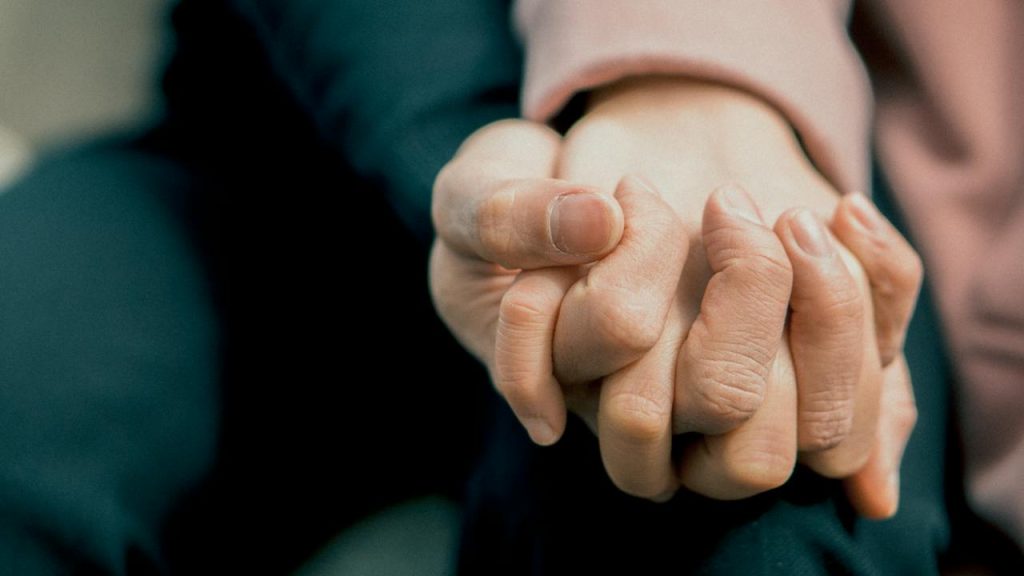Navigating the complexities of addiction in a loved one can be a daunting and heart-wrenching journey, especially when the person struggling is your partner. In this comprehensive guide, we delve into the subtle yet significant signs that your partner might be grappling with addiction and provide insightful strategies to support her in this challenging time. To empower you with knowledge and empathy, equipping you with the tools needed to be a pillar of support for your partner.
Recognizing the Signs of Addiction in Your Partner
The first step in helping your partner is identifying the signs of addiction. These signs can be subtle and often mistaken for stress or personal issues. Key indicators include changes in behavior, such as increased secrecy, withdrawal from family activities, or unexplained financial problems. Physical signs might include noticeable weight loss or gain, unexplained bruises, or a general decline in personal grooming and hygiene. It’s crucial to approach these observations with sensitivity and understanding, as addiction is often shrouded in shame and denial.
Communication Is the Bridge to Understanding
Once you’ve recognized the potential signs of addiction, the next step is initiating a conversation. This can be challenging since it requires a delicate balance of honesty and empathy. It’s important to approach your partner from a place of love and concern, avoiding accusations or judgment. Express your observations and feelings using “I” statements to avoid making your partner feel cornered. For instance, say, “I’ve noticed you’ve been drinking more frequently, and I’m worried about you.” It’s important to listen and provide a safe space for your partner to express her feelings. Remember, acknowledging the problem is a massive step, and phrases like “getting help for drinking as a mom” can be a gentle way to steer the conversation toward recovery.
Seeking Professional Help Together
Addiction is a layered issue that typically requires medical and psychological expertise. Start by researching local resources, such as counselors specializing in addiction, support groups, and rehabilitation centers. It’s essential to involve your partner in this process, allowing her to feel in control and part of the decision-making. Explain the benefits of professional help, such as gaining a deeper understanding of her addiction, learning coping strategies, and receiving support from others going through similar experiences. It’s important to emphasize that seeking help is a sign of strength, not weakness. This step marks a significant milestone in her journey towards recovery and a healthier life for both of you.
Exploring Intensive Outpatient Programs for Women
When considering treatment options, it’s crucial to understand the different types of programs available. One effective approach is Intensive Outpatient Programs (IOPs), specifically tailored for women. These programs offer a unique blend of flexibility and intensive care, allowing participants to receive treatment while maintaining their daily responsibilities, such as parenting or work. IOPs typically involve several hours of therapy per week, including individual counseling, group therapy, and skill-building workshops designed to address the specific challenges faced by women in recovery. These programs provide a supportive community and focus on empowering women to overcome addiction while managing their roles in family and society. When researching IOPs, consider options in various locations, like a womens IOP in San Diego, Nashville, or a city near you. The emphasis should be on finding a program that resonates with your partner’s needs and offers her the best chance for a successful recovery.
Supporting Your Partner’s Recovery at Home
Recovery doesn’t end with professional treatment; it continues at home. This includes understanding the triggers of addiction, maintaining open communication, and building a healthy routine together. It’s also important to educate yourself about the recovery process so that you can be a knowledgeable and empathetic support system. Encourage and participate in healthy activities that promote well-being, such as exercise, hobbies, or joining support groups for families of those with addiction. Remember, your partner’s recovery journey is also a journey for you, and taking care of your own mental and emotional health is equally important.
Navigating Relapse and Maintaining Hope
Relapse can be a part of the recovery process, but it doesn’t mean failure. Learn to identify early warning signs and relapse triggers and have a plan in place for seeking help. Most importantly, maintain hope and continue to support your partner. Every step forward, no matter how small, is progress. Celebrate the victories, learn from the setbacks, and stay committed to the journey together.
Supporting a partner through addiction is a testament to your relationship’s strength and commitment to each other. This journey is filled with challenges but also with opportunities for growth and deepening bonds. By recognizing the signs, communicating openly, seeking the right help, and providing ongoing support, you’re laying the foundation for a healthier, happier future together. Remember, you’re not alone in this journey, and with patience, understanding, and love, recovery is an achievable goal.

